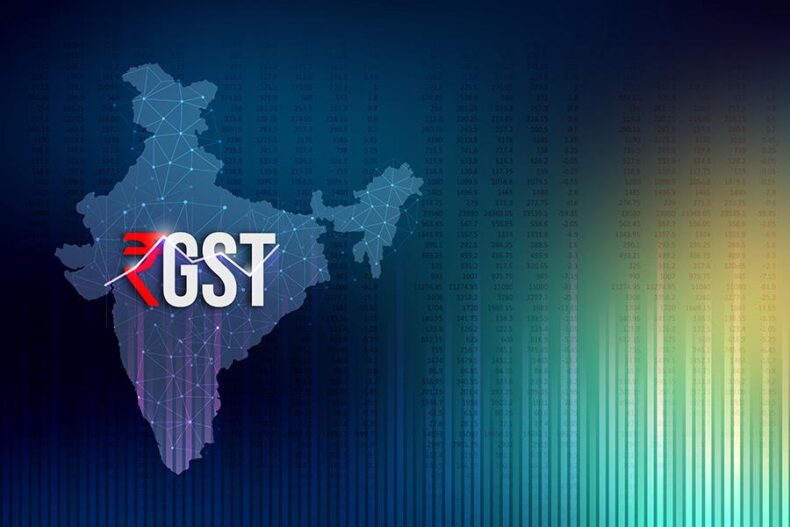The most recent Goods and Services Tax (GST) receipts have emerged as a crucial indication of economic activity and growth in today’s setting. As the global economy recovers from the effects of the COVID-19 epidemic, countries throughout the world are constantly analysing their tax receipts to measure the health of their economies. This article dives into recent GST collection trends, assessing the variables that have contributed to the increased trend and its implications for the economy.
A Surge in GST Collections
GST collections in countries throughout the world have increased over the last quarter, indicating a healthy resurgence in economic activity. For example, the Indian economy has seen a large increase in GST revenues, shattering all prior records. Given the fiscal hardship suffered during the pandemic, the improved receipts are a welcome respite for the government.
Source – IndiaFilings
Contributing Factors to the Upward Trend
The recent increase in GST collecting has been attributed to a number of causes. The recovery of consumer demand, fuelled by the relaxation of limitations and the acceleration of vaccination efforts, has been critical in bolstering economic activity. As firms resumed operations, the manufacturing and service sectors saw an increase in production and sales, further boosting tax collections.
E-commerce Boom and GST Collections
The phenomenal growth of e-commerce is one notable element influencing GST collecting. The epidemic hastened the move to online buying, which has continued even as limitations have been relaxed. The rising use of e-commerce has broadened the tax base and enhanced GST collections. To capitalize on this growth, tax authorities are currently researching new ways to track and tax digital transactions.
Tax Compliance and Crackdown on Evasion
Increased tax compliance has also contributed to the increase in GST collections. Tax authorities have been unrelenting in their efforts to combat tax evasion, bringing more enterprises under the GST purview. The use of technology-driven technologies such as data analytics, artificial intelligence, and machine learning has enabled tax departments to efficiently discover non-compliant firms. This has increased revenues while also fostering a culture of transparency and responsibility in the tax environment.
Impact on Fiscal Deficit and Economic Growth
The substantial increase in GST collecting has a positive impact on nations’ budgetary deficits. Increased tax revenues give governments more resources to fund development projects and social welfare programs. Furthermore, a stronger fiscal situation can boost investor confidence and attract international investment, so boosting economic growth.
Challenges Ahead
Despite the encouraging rising trend, maintaining the momentum in GST collecting remains a challenge. Economic stability could be jeopardized by fluctuating international commodity prices, supply chain disruptions, and persistent pandemic-related uncertainty. Addressing these issues is critical to ensuring the continuing increase of GST revenues.
Future Prospects
The trend of GST collections will be keenly followed in the future as a vital indicator of economic recovery and growth. To boost the indirect tax system, governments will continue to promote digitization, tax compliance, and the streamlining of GST processes. Maintaining the current good trend will also require a consistent focus on assisting businesses, particularly small and medium-sized enterprises.
The new GST receipts have provided a ray of brightness in an otherwise bleak economic landscape. The increase in revenue reflects a general improvement in economic activity and consumer sentiment. Governments and policymakers must stay diligent in their efforts to address issues and capitalize on opportunities in order to maintain the rising trend in GST revenues, thereby promoting a resilient and thriving economy for everybody.
As economies evolve and adapt to the post-pandemic environment, regular monitoring of GST collections will be critical for governments to fine-tune fiscal policy and preserve economic stability. The data obtained from GST collections will be a great tool for policymakers, directing them in their efforts to encourage long-term economic growth and prosperity.













